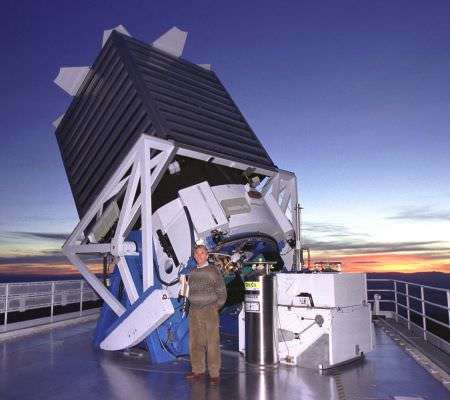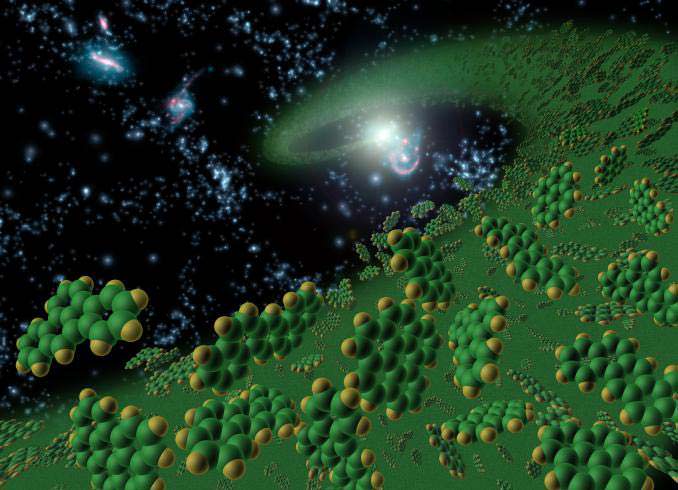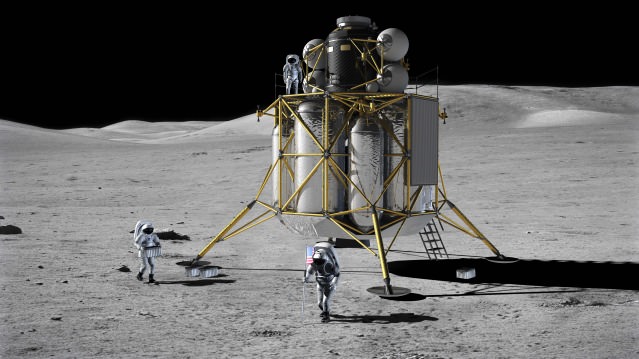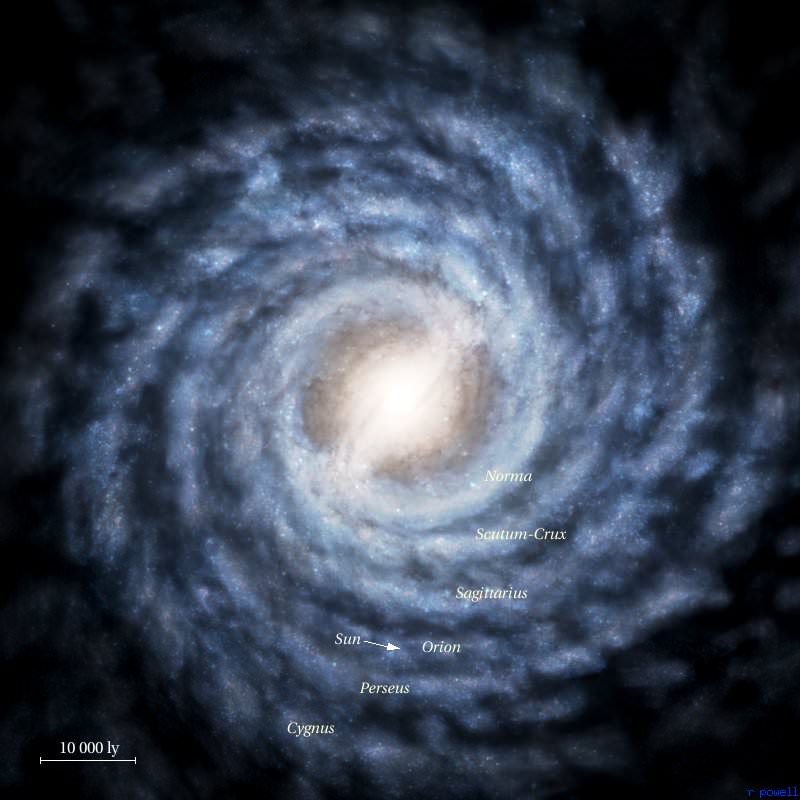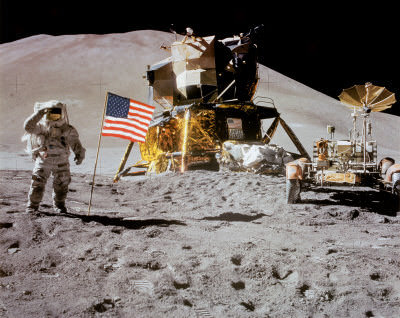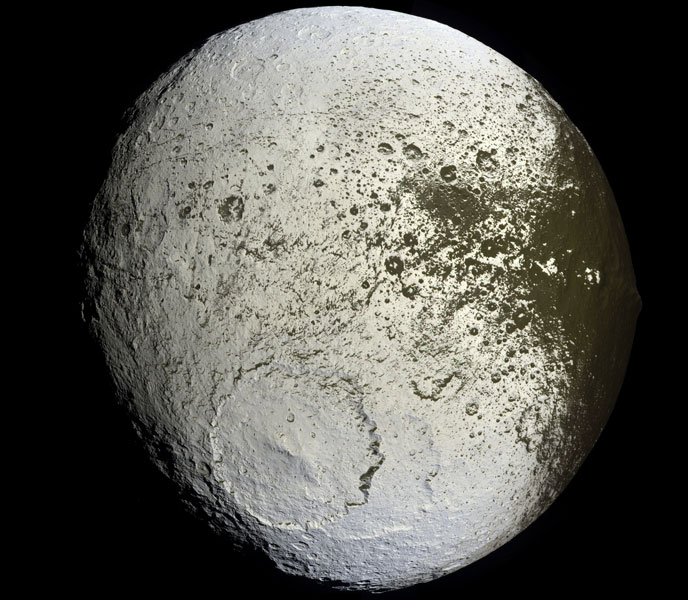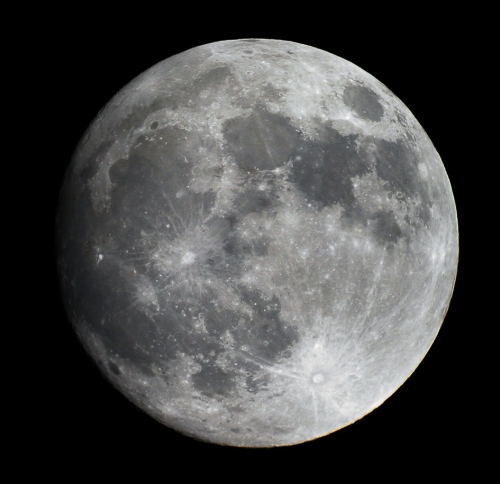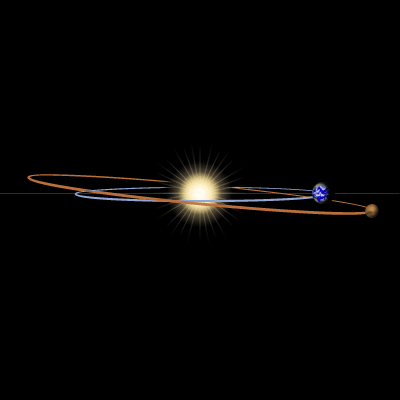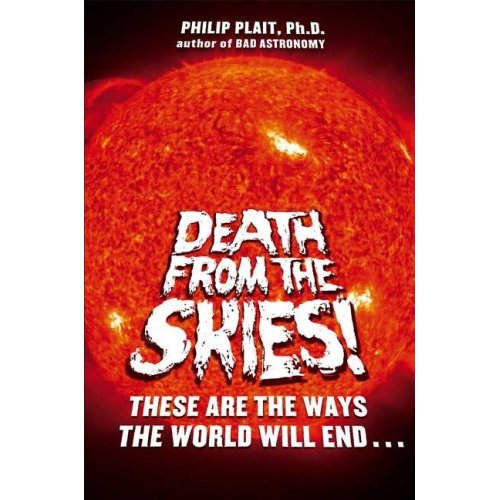[/caption]
In the old days, astronomers had to beg for telescope time. They’d put together a proposal, convince observatories to gather data for them, crunch that data and release the results. No telescope, no results. But everything’s different now. Fleets of robotic telescopes constantly scan the skies, building up a vast database of raw data about the Universe. Anyone who wants can access the information through the Internet, download what they need to do real science. No telescope necessary. Let’s look at the development of sky surveys, and how they’re changing how astronomy gets done.
Click here to download the episode.
Or subscribe to: astronomycast.com/podcast.xml with your podcatching software.
Sky Surveys – Transcript and show notes.

